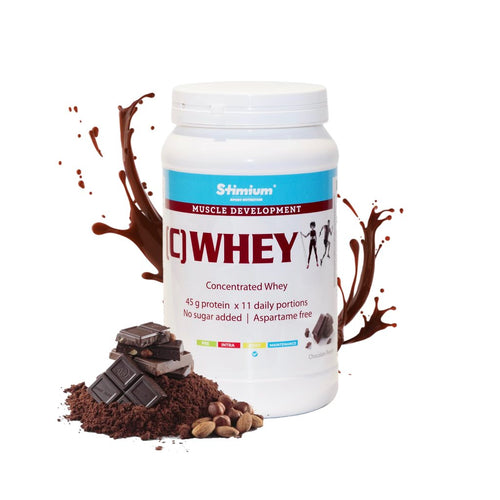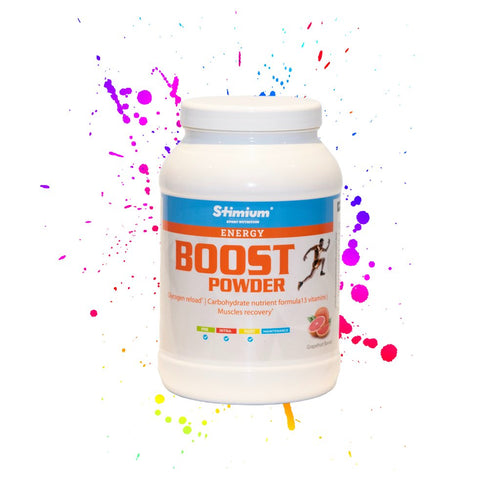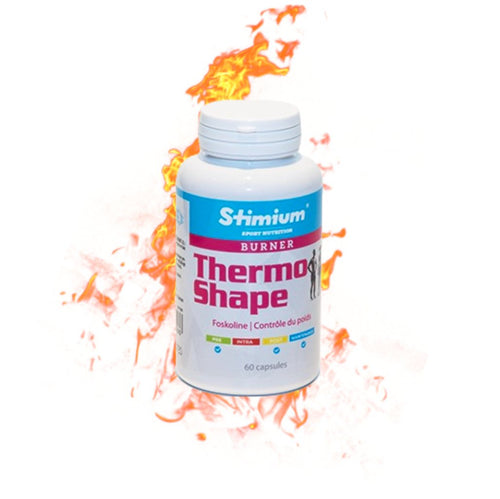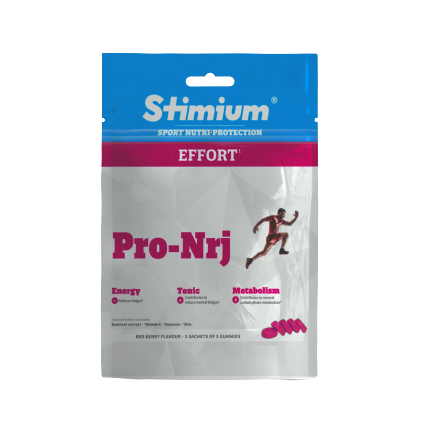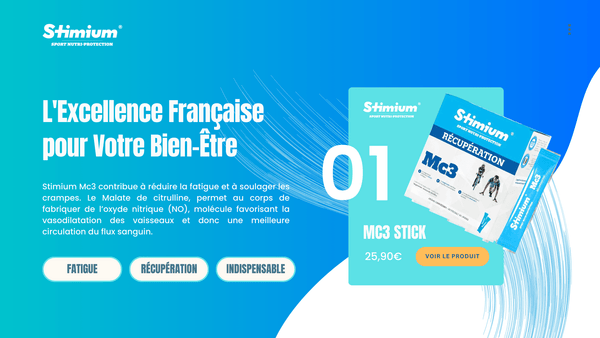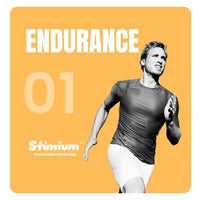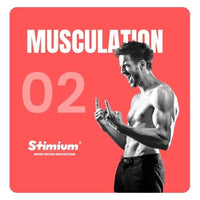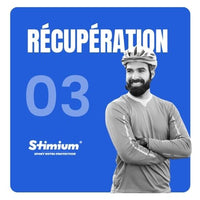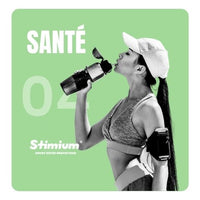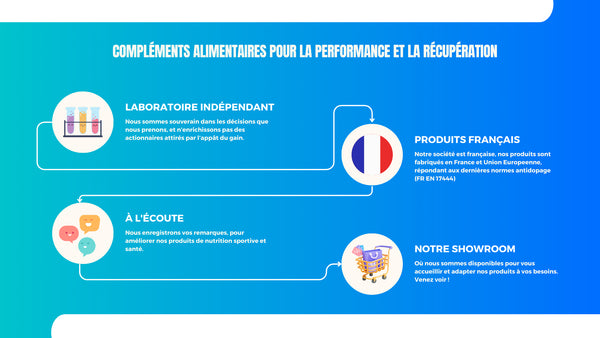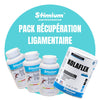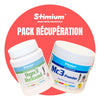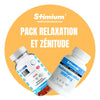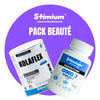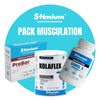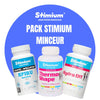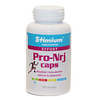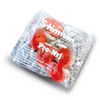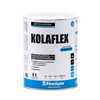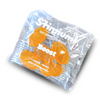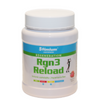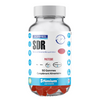Les packs récents de Stimium
Nos toutes dernières nouveautés
Nos ambassadeurs
.
Des compléments alimentaires bons pour votre santé
Stimium.com, marque française, est le site commercial des Laboratoires Stimium, existant depuis 2016.
Avec son équipe, Stimium cumule près de 100 ans d’expérience dans le domaine pharmaceutique. Cela
signifie que Stimium participe essentiellement a des salons pharmaceutiques dans le monde entier, pour
rechercher les meilleurs ingrédients et développer les meilleures formules, qui seront fabriquées ensuite
en France et en Europe.
Chez Stimium, nous suivons une règlementation extrêmement stricte applicable
notamment aux médicaments, nos produits sont évidemment sans OGM, sans dioxyde de titane, et sans
nanoparticules et nos matières actives et ingrédients, par exemple vitamine, sont rigoureusement
sélectionnés, dans un contexte unique d’augmentation des prix. Stimium a développé une idée simple
que nous mettons en œuvre chaque jour : Notre Science pour vos Performances.
En fonction de vos objectifs santé, musculation ou endurance, vous retrouverez dans notre offre
produits, les compléments alimentaires recherchés, dans chacune de ces trois catégories principales,
tous ces produits ayant été développés sur la base de vos expériences et vos avis pour vous apporter un
plus dans votre condition physique, que vous soyez ou non sportifs. Poudres, gélules, gommes, capsules, stick, comprimés, et plein d’autres formes originales encore a venir sont a retrouver dans nos
différentes gammes.
Parmi nos 3 catégories de produits (endurance, santé et musculation), nous proposons plusieurs
programmes que vous pouvez retrouver sur la partie blog selon vos objectifs.
Nous vous invitons à lire ces programmes et à les suivre en tout ou partie, toujours dans le cadre d'une
alimentation équilibrée et idéalement d'une pratique sportive régulière.
Les compléments alimentaires sont très règlementés en France et en Europe, y compris pour une simple vitamine, et se doivent de
vous accompagner dans votre vie quotidienne, dans une démarche préventive de maintien d’une bonne santé.
Nos compléments alimentaires doivent faire partie d'une prise de conscience et d'une volonté de
changement de votre hygiène de vie, c’est-à-dire de vos habitudes alimentaires et de votre pratique
sportive. Sportifs de haut niveau ou sportifs amateurs, vous trouverez parmi nos produits un choix large pour tout
type de sports, toujours dans le respect des dernières normes anti-dopage applicables.
Cette spécificité de Stimium en tant que spécialiste des compléments alimentaires pour sportifs, fait des Laboratoires
Stimium le partenaire numéro 1 pour de nombreux clubs et sportifs professionnels, en France comme à
l’étranger.
Les compléments alimentaires pour la musculation, le Crossfit, fitness, Cardio ou Cross Training sont
parmi les plus recherchés par les sportifs, que vos programmes de musculation se fassent en salle ou via
des exercices de musculation maison. Il est difficile de savoir quelle marque utiliser et prendre car celles-
ci sont nombreuses à promettre des résultats rapides.
La gamme Stimium comprend les meilleurs ingrédients, aux meilleurs dosages et avec la meilleure biodisponibilité. Protéine concentrée (WPC) enpoudre ou en barre, Isolat de whey ou protéine isolate (WPI) sans glucides ni lactose, protéine vegan,
créatine, BCAA acides aminés, Pre Work Out, les personnes cherchant une construction de masse
musculaire optimale, pourront bénéficier de produits uniques développés pour optimiser et améliorer
leurs performance, dans le cadre d’un entrainement équilibré et régulier. Il n’y a plus vraiment de
frontières aujourd’hui entre toutes les disciplines sportives, tous les sportifs cherchent à développer leur
endurance, leur système cardiovasculaire et respiratoire, mais aussi l’endurance et la masse musculaire,
la force, la puissance, la vitesse, la coordination, l’équilibre, l’agilité, la souplesse ou encore la précision.
L’endurance est l’ADN de la marque, avec notamment MC3, stick gel sans sucre combinaison de malate
de citrulline et de magnésium, numéro 1 en France pour la récupération et pour éviter les crampes et
douleurs musculaires. Les gommes d’effort et d’énergie Pro NRJ et Boost sont également les gommes les
plus vendues sur le marché.
Se retrouvent également des boissons d’effort avec glucides en poudre pour
vous apporter les nutriments essentiels, des boissons isotoniques, des boosters en capsules, de la
citrulline en poudre pour augmenter l’oxygénation du sang, un PreWorkOut avec notamment BCAA,
créatine et acides aminés, et un produit unique Iso Carb, combinaison de protéine isolate et de glucose
et fructose, développé spécialement pour le plus grand club de football et handball français.
En plus de ces produits permettant d’améliorer vos performances, vous trouverez une multitude de programmes
de natation, de courses acides aminés a pieds dont le marathon, de triathlon, de trail, de cyclisme, et
bien d’autres encore, pour confronter vos propres expériences d’entrainement, avec des objectifs
définis avec les plus grands entraineurs des fédérations sportives concernées pour optimiser votre
condition physique.
Il n’y a pas de performances, ni de santé équilibrée, sans un poids « contrôlée ». Il est bien évidemment
important de faire attention à sa ligne, les meilleurs garde-fous étant notre entourage et … nos
pantalons.
Pour aider les sportifs et les non sportifs, STIMIUM propose une gamme complète "perte de
graisse" comprenant notamment un bruleur de graisses avec Forskoline, un produit draineur et bruleur
100% naturel, des capsules d’oméga 3 dosées a 1000mg, des multivitamines et minéraux dont
magnésium, mais aussi de la whey Isolate pour ceux qui souhaiteraient dans le cadre de leur programme
de musculation, faire une sèche.
Tous ces produits sont d’une efficacité redoutable lorsqu’ils sont
combines avec un régime alimentaire équilibré et la pratique d’une ou plusieurs activités sportives. Avec
Stimium, vous pouvez perdre du poids, tout en prenant soin de vous.
Dans la vie courante ou dans la vie d’un sportif, certains handicaps gâchent la vie ou empêchent de
performer. Les douleurs articulaires font partie de cette catégorie.
Bien entendu, des médicaments
existent mais la plupart des antidouleurs (appelés AINS dans la plupart des cas) ne sont pas sans effets
secondaires ni risques d’accoutumance. Chez Stimium, nous avons conçu un produit unique composé
entre autres de collagène, de chondroïtine, de glucosamine et d’acide hyaluronique pour réduire et
soulager ces douleurs articulaires.
En complément de ce produit Joint Flex, le dosage élevé de notre
Omega 3 permet également un effet intéressant sur ce type de douleurs, tout comme notre produit
Ashwagandha, ou le GABA, myorelaxant extrêmement puissant.
L’immunité, c’est la capacité de notre organisme à se défendre contre les attaques extérieures,
notamment contre les mauvaises bactéries et les virus.
L’idée que nous avons chez Stimium n’est pas de vous surprotéger en vous offrant des produits aux propriétés non démontrées. Au contraire, nous
souhaitons entrainer votre immunité, comme on entraine son corps pendant un entrainement, ou
comme on peut entrainer sa mémoire.
Pour cela, il est possible de s’orienter vers un produit naturel,
comme le Ginseng aux multiples vertus dont celles démontrées de protéger l’immunité, mais aussi des
produits comme les multivitamines dont MVM associant 13 vitamines et 12 minéraux, ou le produit
totalement unique Vital LLR, issu de la R&S Stimium, associant vitamines et minéraux ainsi que Tribulus,
dans un comprimé de 3 couches libérant les actifs en 5 minutes, 45 minutes et 8 heures, évitant les
surdosages importants pouvant produire des effets secondaires.
Sans nutriments essentiels dont vitamines et minéraux, il n’y a pas d’équilibre dans notre organisme, on
parle alors de dysbiose. De nombreux ingrédients sont sources de vitamines et minéraux indispensables,
notre objectif n’est pas de remplacer votre alimentation, mais plutôt de compléter les apports que vous
prenez chaque jour, avec des produits aux formules efficaces afin de compenser les pertes issues des
activités quotidiennes, et permettre de garantir les bons apports.
Concernant les vitamines, on oublie
souvent qu’a l'exception des vitamines K et D, le corps humain est incapable de les fabriquer, alors que
ces substances sont nécessaires à un grand nombre de processus physiologiques, et qu’un apport
régulier est donc absolument nécessaire. La plupart des produits de la gamme Stimium contiennent des
vitamines, qu’il s’agisse de la gamme Endurance, de la gamme santé, ou de la gamme Musculation.
Si nous mettons la science des Laboratoires Stimium dans nos produits, cela signifie que nous n’utilisons
que des produits ayant fait leurs preuves, c’est-à-dire ayant démontré leur efficacité, comme par
exemple pour les oméga 3. Pour cela, nous étudions la bibliographie scientifique, évaluons les données
et avis cliniques et faisons nous-mêmes appel à des études d’efficacité pour déterminer la pertinence de
nos formules.
Il en est ressorti très tôt que parmi les actifs les plus documentes, les plantes disposent de
certaines propriétés extraordinaires, supplantant de nombreux actifs « chimiques ».
C’est pour cela que
nous avons inclus par exemple des gélules de Gingko Biloba notamment pour les jambes lourdes, de
l’Ashwagandha pour le stress, du Bacopa pour la concentration, du GABA pour booster l’hormone de
croissance, du Ginseng pour le système immunitaire, de la Spiruline bio pour le stress oxydatif ou encore
par exemple du rhodiola pour l’énergie, toujours dans un respect de juste prix, pour une prise
quotidienne.


